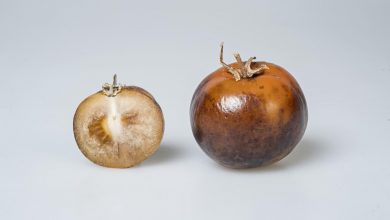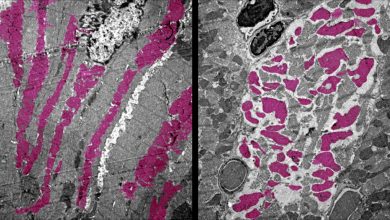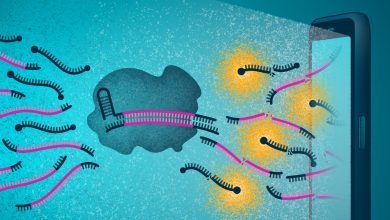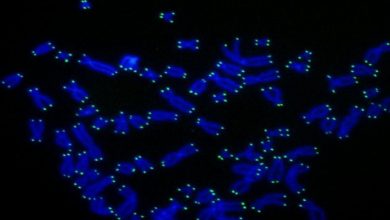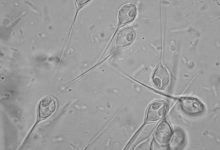
The sweet candies chocolates and fried food which we try to keep away from, which are considered bad for our body but in weak moments we can’t help ourselves from munching on them. At Max Planck Institute for Metabolism Research in Cologne, scientists have found an explanation for this behavior, this food rich in carbohydrates and fats affect the reward system of our brain.
It has been found that food rich in fats and carbohydrates activates the reward system through different pathways. Effects on reward system of brain intensify when fats and carbohydrates both are present together in a food. In nature usually, food either contains fats like in nuts or carbs like in potatoes or cereals except for the breast milk.
According to Marc Tittgemeyer research group leader from the Max Planck Institute for Metabolism Research, who conducted the study in collaboration with researchers from Yale University in Connecticut. “Probably we are influenced by breast milk to respond intensively to food rich in carbohydrates and fats and perceive this as particularly rewarding because this is vital.”
Fun and food
For knowing and understanding the preference of food based on calorific value 40 volunteers played to outbid computers for food. The food offered was rich in fats and carbs or both. Through this game, the willingness to pay by outbidding a computer for food was examined. It was observed that most of the money was paid for food with high fat or carb which indicated that it was apparently the most attractive for the participants.
During this whole process, the magnetic activities of the brains of the volunteers were monitored and recorded in magnetic resonance tomography. The results showed that combination of fats and carbohydrates activates the reward system areas of the brain more intensively than other food.
Reward wins over satiety
In today’s world of abundance, the reward is destroying the world which was once very important for the evolution of humankind. In these times when you can have it, all satiety or saturation is overtaken by reward leading to obesity addiction to junk food and diseases related to it.
“We are not meant to say no all the time. That’s why we usually do not stop eating, even though we’re full, “emphasis Tittgemeyer.
The estimation of the nutritional value of such food is difficult. When the participants were asked to estimate the calorie content of the food presented to them they succeeded relatively accurately. These food do not automatically produce more calories. These finding can play an important role in the treatment of overweight people and can benefit them.

